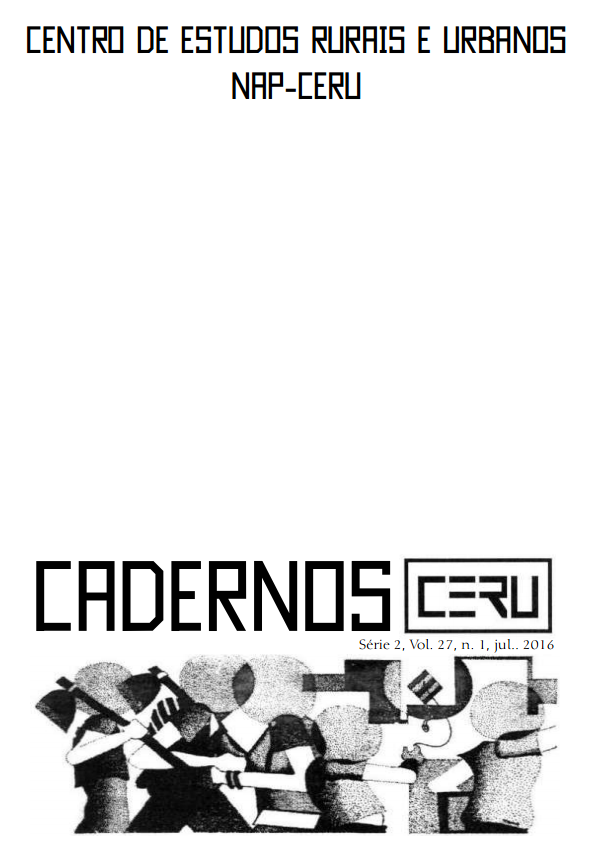The street protests in June 2013
DOI:
https://doi.org/10.11606/issn.2595-2536.v27i1p36-50Keywords:
June 2013 demonstrations, Youth. PoliticsAbstract
This study proposes a reflection on the demonstrations of June 2013 at the national level. We address how analysts have interpreted these waves of protests and raise some hypotheses. The first hypothesis develops the idea that the June events were an outburst of indignation against the government in general: against the political system, political actors, procedures and the political culture itself. This leads us to ask: all these protests arose due to political government processes and political leaders and / or are they part of a political culture that negates any positive perception of political life? The second hypothesis leads us to realizing that the movement might have been based on social needs not covered by the government. In this case, we question the distancing of public policy needs of Brazilians. Why does the government not see the precarious situation of the population? What lies behind the acclaim echoed by social rights expressed in the streets? The third possibility is to see that young people, in a euphoric mood, participated in the movement as a party, as a happening, a revolutionary spirit, a peculiar characteristic of them. However, do young people tend to be really rebellious? The fourth and final hypothesis addresses social networks, especially the political role played by Twitter and Facebook, transmitting the protest in real time, as a tool for communication and social claim, inaugurating a public space for debate. Can social networks lead to the experience of democratic values and political participation? In this case, the demonstrations are forms of socialization, used as a means of interaction and coordination between the youngsters, with full autonomy, regardless of the interests of political parties or state, for it was in this space that young people called and motivated others to participate in the protests in the quest for social justice. This context allows us to think of some issues: Do social networks constitute a new culture of political participation? What was the social role of digital networks in the demonstrations? Why were the demands discussed in the virtual world transferred to the streets? Do protests widely supported by the media contribute to a politicization of citizens or are they just another media spectacle? The answers to these questions indicate that young people seek other channels of participation in order to be understood not in their singularity, but the plurality of youth in a context of a political system that needs a reform capable of effectively meeting the demands of all age groups.


